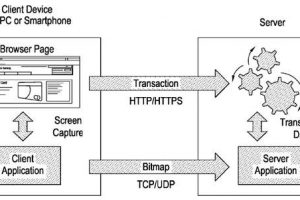According to Lowe, when it comes to adopting an industry-wide standard, everyone in the industry must be informed of: “Not just the technical parameters, but also the subsequent cost of licensing necessary to implement the standard.”
Lowe was speaking to the Reuters Technology, Media and Telecoms Summit in Paris. He was seeking to enlist the help of other international bodies to try and stop the practice of ‘patent ambushing’, or the underhanded introduction of patented technology into standards with a view to extorting royalties on the technology after that standard has been adopted by the industry.
This has become an industry curse, hampering innovation and, the EC’s concern, that it can result in consumers paying higher prices.
The EC’s Competition Directorate is currently investigating Rambus which has been accused in several court cases of not disclosing its patent position to standards-setting industry bodies.
The EC’s Competition Directorate is also investigating Qualcomm which has been accused of setting unreasonable rates of royalty, for instance $3 to $5 on a mobile phone, for licenses. This royalty rate was imposed on the industry after Qualcomm agreed, prior to its standard being accepted, that it would set its IP licensing fees on reasonable terms.
This level of royalty charge can amount to a tax on the consumer because the royalty rate is calculated as a percentage of the cellphone’s cost, rather than because of any inherent value of the technology to the consumer.
“Our competitor in San Diego makes a percentage royalty on a handset,” according to Scott McGregor, CEO of Broadcom, “it’s the same percentage if you make the handset out of plastic or out of platinum.”
 Electronics Weekly Electronics Design & Components Tech News
Electronics Weekly Electronics Design & Components Tech News


